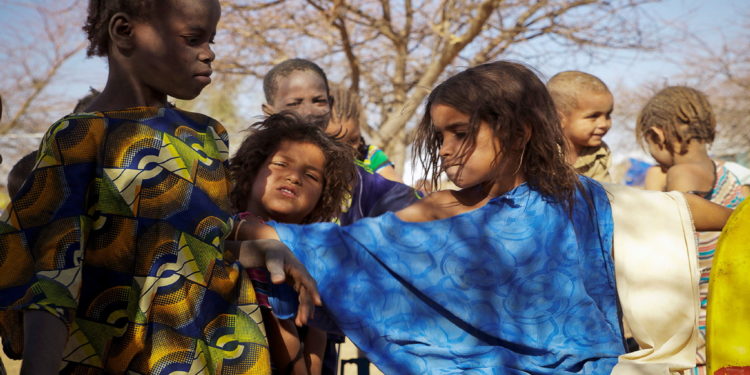New sanctions against Mali could have devastating consequences to the country, where 1 in 3 people are dependent on humanitarian aid, warned a group of 13 nongovernmental organizations.
The Economic Community of West African States, or ECOWAS, announced on Jan 9 a flurry of harsher sanctions on Mali. The sanctions include the closure of land and air borders between ECOWAS countries and Mali, suspension of all financial and economic transactions between ECOWAS member states and Mali with the exception of essential consumer goods.
The NGOs are calling on the international community to exempt humanitarian aid from the sanctions to enable supplies of assistance to those in need.
This is in addition to urgent clarification of any related administrative processes to protect the humanitarian response in Mali.
READ MORE: ECOWAS Impose Fresh Sanctions On Malian Military Junta
“Mali, ECOWAS and the members of the international community supporting these sanctions must monitor their impact, and unequivocally commit to applying humanitarian exemptions in line with existing guidelines-taking all necessary measures to limit the impact of these measures on civilians,” said the NGOs in a statement on Wednesday.
“Malians are already bearing the brunt of the humanitarian catastrophe, punctuated by horrifying attacks against civilians,” said Elena Vicario, director for the Norwegian Refugee Council in Mali.
“Sanctions must not hold us back from delivering essential assistance in a country where drought, rising insecurity and the economic impacts of COVID-19 are already pushing millions of Malians over the edge.”
The NGOs underscored the need for unfettered access for the transportation of lifesaving goods including food and medicine, as well as guarantees that they can transfer funds into the country without violating sanctions.
READ MORE: Bamako: Mali’s former president Ibrahim Boubacar Keita dies aged 76
“Despite more than a third of the country’s population being dependent on humanitarian aid, organizations working in Mali already face severe access constraints,” said Franck Vannetelle, the International Rescue Committee’s country director in Mali.
Urgent needs
“It’s imperative that the international community keeps responding to people’s urgent needs, and that any new sanctions have concrete humanitarian exemptions. These must be monitored and implemented, or the most vulnerable people in Mali will pay the price.”
The call by the NGOs follows the announcement of new sanctions against the country in response to the interim authorities’ decision to postpone democratic elections from February 2022 to the end of 2025.
Being a landlocked country, Mali depends on neighboring states for sea transport. Additionally, the country imports 70 percent of its food and depends on external assistance to finance basic social services.
Source: CD









